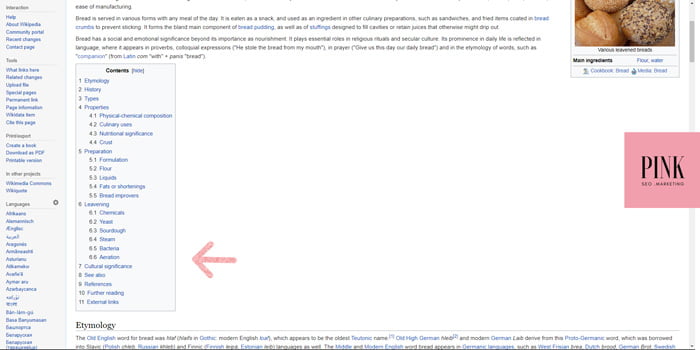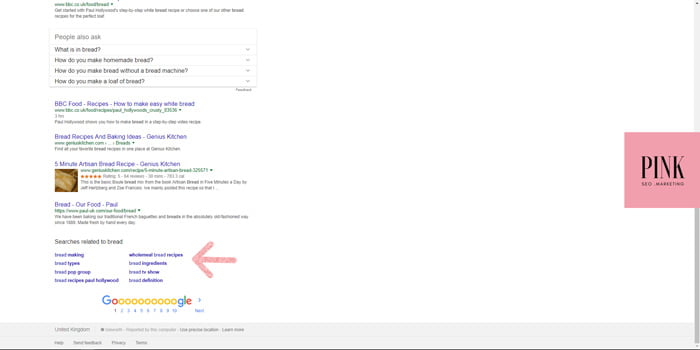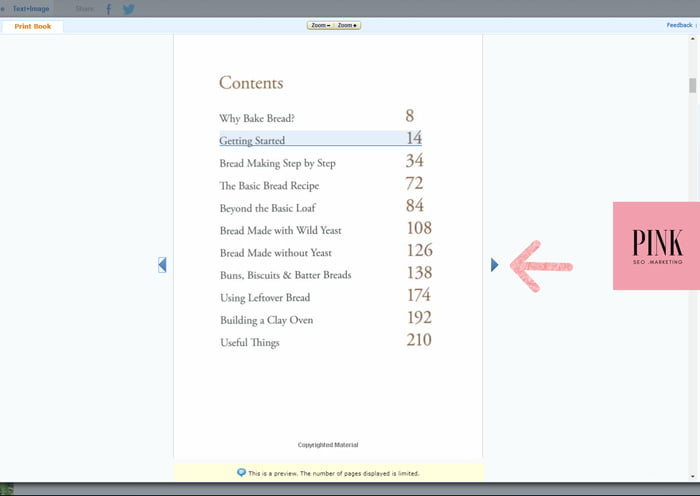How To Find Niche Keywords
- Home
- Articles and Publications
- SEO Tips
- How To Find Niche Keywords
How To Find Niche Keywords
Posted on November 06, 2017
0 Comment
Keyword optimisation series, Part One
Before thinking of getting any traffic from Google, you should first decide which keywords to get that traffic from. If you’re found through the wrong keywords, you may get irrelevant traffic, which means you’ll get no sales, and your optimization efforts will have been a waste of time and money!
Keyword optimization is so important for your business that we’ve decided to dedicate a small series of 3 articles to it.
Today you will learn:
How to find niche keywords from unexpected sources.
- Part Two will be about the most important SEO copywriting best practices and how to optimize those keywords into your copy.
- And Part Three will be about how to check your site’s ranking on Google for those keywords.
There are many Search Engine Optimisation tools that help with keyword optimization. Some of the paid-for tools aimed at professionals are amazing and invaluable for a professional SEO. But they are also expensive.
So today, we will take into consideration some free, easy, and effective resources that you have probably never thought of. If you would like a professional quantitative keyword search, please just request it here.
The most common free keyword research tool is Google Keyword Planner, which is part of Google AdWords. This is the online advertising service developed by Google, where advertisers pay to display ads which include copy, links to web pages, and videos in the Google ad network.
You shouldn’t, however, use Google Keyword Planner on its own, as it tends to give only very close variations of the keywords you put into it. For example, if you put “weight loss” as a keyword into the Planner, it gives results like “weight loss tips” or “weight loss strategy” and no intelligently related keywords, like “nutrition” or “exercise“. Google Keyword Planner also gives the same results to everybody, including your competition.
In order to find keywords that are creative, intelligent and that your competition probably hasn’t thought about yet, you need to think out of the Google Keyword Planner box.
So, here are some ways that we recommend to our clients.
Creative keyword research techniques and strategies:
- Wikipedia is one of the most underutilized research resources online! Try searching in Wikipedia for a broad keyword-related term. Imagine you are looking for keywords for a bakery website. You’ll use a keyword like “bread”. The phrases you find in Contents are good keywords for you to put into the Google Keyword Planner to generate new keywords ideas and highlight their specifics, like monthly search volume and cost per click (CPC).

- Google can also provide you with great keyword ideas. This little area at the bottom of Google search results (something you may have never even noticed) is one of the best places to find new keyword ideas. It is called “Searches related to” and it is Google’s way to show you thematically-related keywords. In our imaginary scenario in which you have a bakery, type “Bread” and scroll down to the bottom. Here are tangentially-related keywords that can give you great ideas.

- Quora is like The Holy Well of Keyword Inspiration. Like Yahoo Answers, it hosts questions and answers from users. When you search for a keyword in Quora, it shows the most popular questions related to it – in other words, things that people are interested in and are going to search on Google. Here you can understand your niche audience needs and detect some patterns of recurring keywords to put into the Google Keyword Planner.
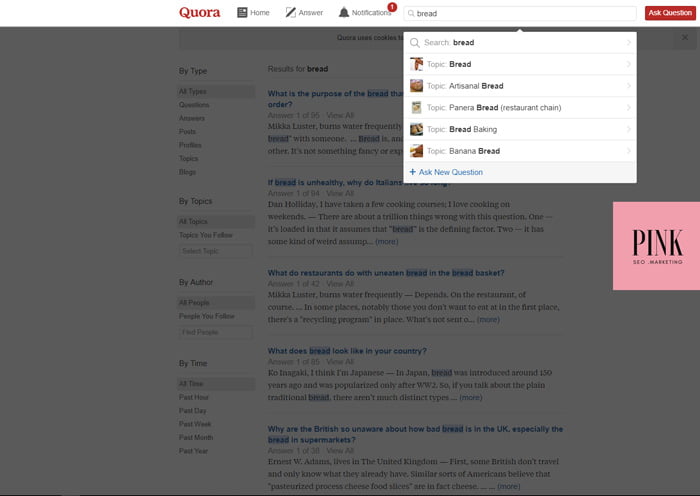
- Amazon is another precious keyword research website. Enter a keyword in Amazon’s Books section and find a book that’s in your niche. Click on the “look inside” button, that will show you the table of contents of that book. Each chapter provides you with great content ideas and keywords to put into your Google Keyword Planner.

- The last one may sound a little old-school, I know, but there’s still gold to be found in online forums and boards. These are places where your targeted audience hangs out and engages in discussions 24/7. Usually, when someone opens a thread in a forum, it means that they don’t know the answer to that question. Or maybe they are having a problem they can’t find a solution online for. Why don’t you provide it? Those are the terms and phrases they search for on Google.
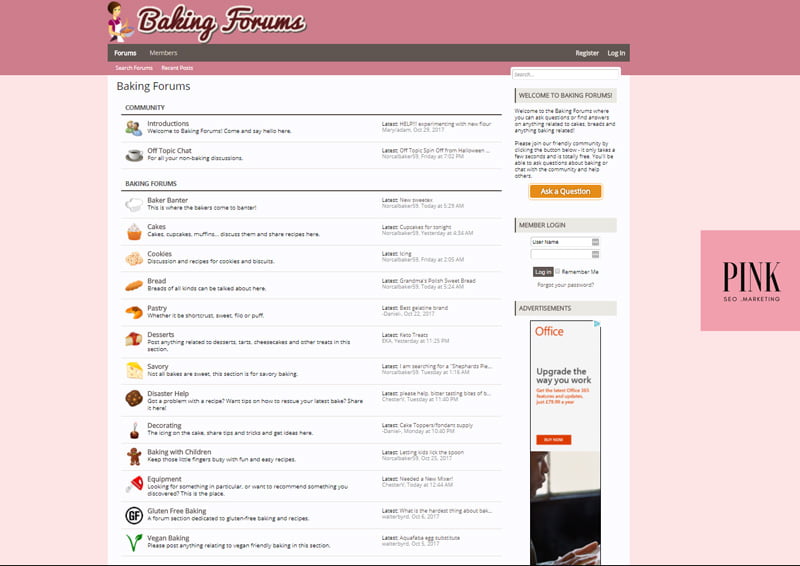
Have you ever tried some of these keyword research techniques and strategies? Which ones work best for you? Let’s discuss in the comments and on Social Media!
And if you think you just don’t have enough time to do this yourself, don’t worry, we love digging for keywords! Just drop us a line, and we’ll get back to you in no time!


